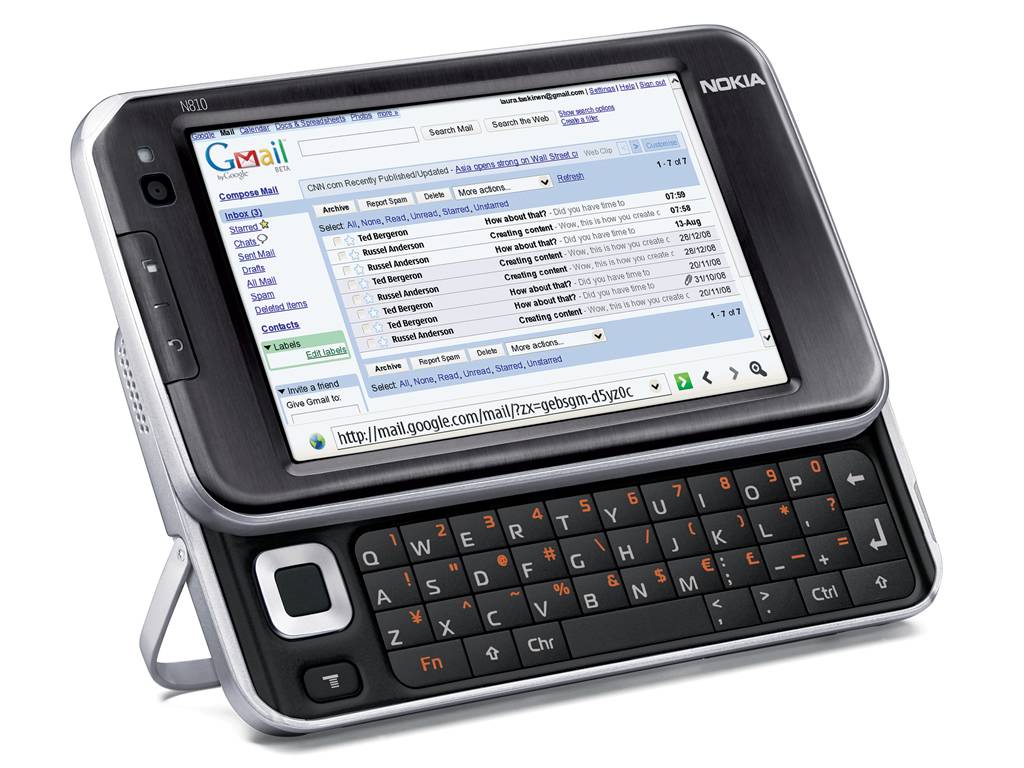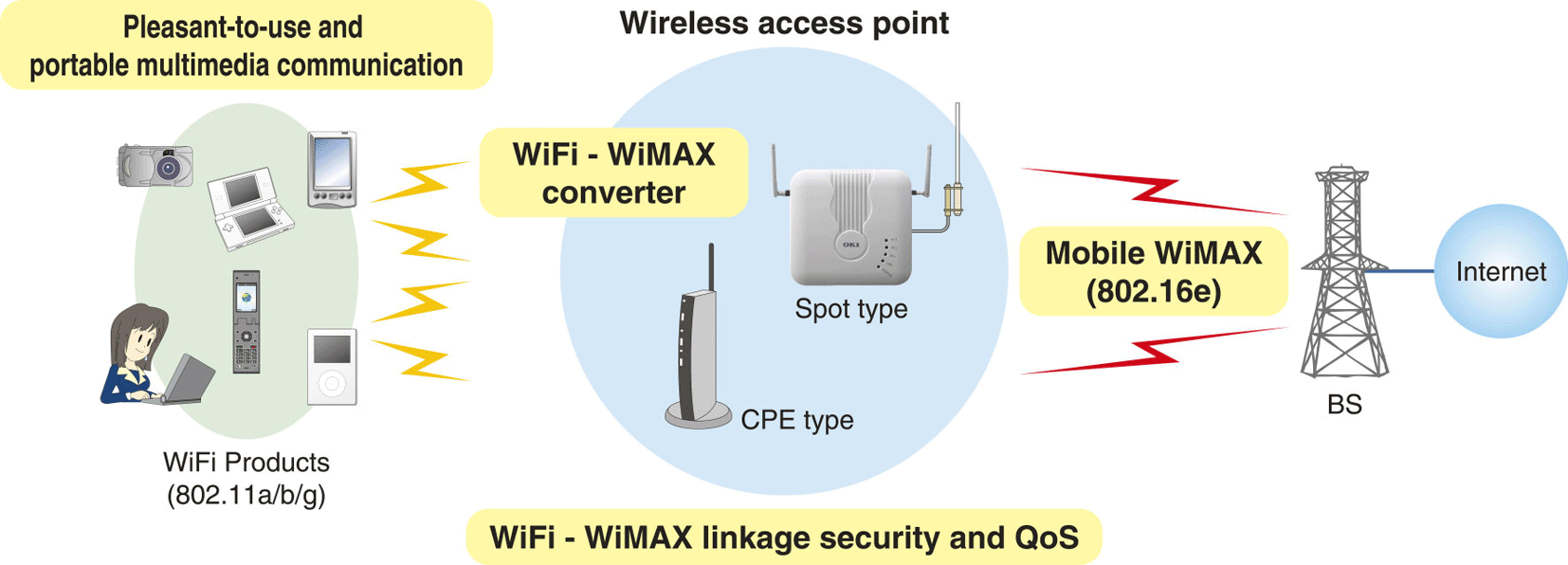Where's WiMAX? THG Gets The Story From Clearwire
Why Do We Need WiMAX?
TH: We have 3G. We have 802.11. Why does the world need WiMAX?
JS: I look at it from two perspectives. Why does the world need a cell phone? If you look back at the early stages of cell phone deployments and cell phone technology, there were certainly folks who said they didn’t need it. There were plenty of pay phones, calling cards, and landline phones embedded in the way we did business. If you look at high-speed data from the perspective of a cell phone, I think the world needs it in the sense that it will “de-tether” a person from a location. Today, most people are tethered to a Wi-Fi hotspot or to a traditional DSL- or other cable-type service.
Now, compared to 3G cellular, I think the world needs WiMAX because the radio technologies out there are all bolt-on. They’re adaptations of voice technologies adapted to carry some form of data. The world has progressed. We’ve moved on from very simple graphics, very simple interactions, to very complex apps and ways people want to handle their data. Look at the success of the iPhone. But when you look at those devices, they’re struggling because the network that is underneath them is struggling to support all of those apps and their capabilities in the fullest. WiMAX brings a true broadband, multi-megabit experience to the customer, is going to afford them the ability to use those applications. That could be more telemetry-based in the public safety arena, where you have to be able to bring up images, real-time video, and things of that nature. It could be consumer-based around entertainment. Or it could be business-based, being able to do high-speed remote telematics apps or things of that nature.
TH: I use a 2.5G Blackberry—not broadband by any stretch, but it’s OK. 3G is better, and 4G is coming up. Why isn’t that good enough? I understand that WiMAX is built for data and cellular is built for voice, but all I care about is the performance of the thing in my hand.
JS: Exactly. And dial-up service compared to broadband in the earlier days, with the way the applications were built around it, was good enough. You could chat on AOL dial-up. You could have some of the same interactivities. But you didn’t necessarily have the fullness or the richness of what you can have with broadband. What we’re proposing with WiMAX is that we’ll take that true broadband experience, both in speed and latency, to the mobile environment.
I’ll give you an example. I have friends with 3G iPhones. I personally use a freaky Samsung device. But you go to sporting events and things, and you see that the network is struggling with the ability to carry the traffic. You go through airports, and the networks are struggling to deliver the throughput the devices are demanding.
Get Tom's Hardware's best news and in-depth reviews, straight to your inbox.
Current page: Why Do We Need WiMAX?
Prev Page Getting The Story Straight On WiMAX Next Page The Early Days Of WiMAX-
fwaynedavis Rural is a tough market, but Clearwire does a good job of pushing tech out early in small markets, I know from experience. In most cases they are the only game in town. But Wimax will be very slow to come to rural unless prices drop, this stuff costs a fortune.Reply -
brandnewx In Cambodia, the wireless network standards are already WiMax and 3G. In fact, I'm using both technologies in my home office for two years now.Reply -
AncientToaster My family lives in Portland, and we got Clear when it rolled out at the introductory price of $25/month. It rocks--much faster then 3G, and much, much cheaper then traditional broadband. In our area the only broadband available besides Clear and 3G is cable, at twice the price.Reply -
hellwig Doesn't handling VOIP traffic separately make it a telephone network subject to the same rules and regulations as a traditional telephone provider? Isn't Comcast getting in trouble for providing a special network for their cable phone service?Reply
I can't believe I've been hearing so much about WiMax (which devices support it, complaint when some devices don't support it), when it only exists in two U.S. markets. It's bad enough that 3G coverage is so spotty, like we need another, even sparser service. -
scryer_360 Thanks to Toms for the interview, we consumers now know more.Reply
But I wonder: why didn't you talk to him about the differences between WiMax and LTE? Both are all packet designed apps, but LTE is (apparently) the future of US data communications, according to some. I'd like to see Clearwire's vision of high speed wireless data being the best, but I can't without some input on their choice to do WiMax over LTE. -
nachowarrior South Carolina was supposed to go statewide, but it's biggest cable broadband server allegedly paid them off, oh, and was also somehow allowed to operate in one of it's biggest cities for two years illegally, without a lisence, and owe 2 million to the state before anything came up.... and this came up about the same time the state wanted to roll out statewide free coverage... hmmmm... I WONDER WHAT HAPPENED??? anyway, just another disappointment thanks to politics and money lubing the gears.Reply -
strider209 I had clearwire when I lived in the outskirts of Tracy, CA. My only other choices were dial-up or satellite. Both were of course slower than clearwire. The ability to be portable was nice, but I never used it. My best speeds were around 3Mbps but there was quite a bit of latency. For me, clearwire was my best option and decently priced, but if it was available I would prefer DSL or cable.Reply

